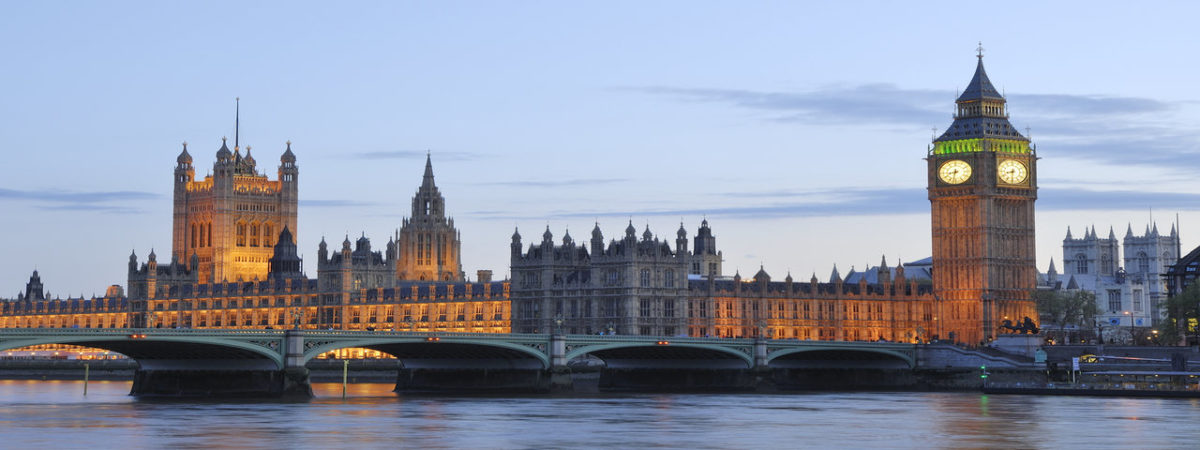Evidence shows moral panic at gaming machines ill-founded
SUGGESTED

The government's policy of slow fiscal consolidation has failed

Unspectacular growth reflects need for radical action

Over-regulation of gaming machines will push customers towards the black market
Problem gambling
Existing evidence does not support the claim that fixed-odds betting terminals have led to a nationwide rise in problem gambling, nor does the data suggest that these machines are uniquely addictive or seductive.
It is unclear whether there has been an increase in problem gambling since 2007 or not.
A black market in gambling
Like other parts of the gambling sector, the bookmaking industry has responded to the market shifting towards virtual gaming. Opponents of fixed-odds betting terminals are aware that a severe reduction in stakes and prizes would reduce consumer appeal and amount to a de facto ban. Over-regulation would push customers to the less regulated online market and would probably lead to a surge in the black market. This would have a detrimental impact on employment in the industry and would significantly reduce tax revenue. Better regulation of the domestic gambling industry should focus on providing greater flexibility for new technology and larger stakes and prizes for venues which are higher up the regulatory pyramid.
Numbers of betting shops
Gambling machines have not been responsible for a ‘dramatic proliferation’ of betting shops. Numbers have risen by just 4.5% since 2000, when numbers were at a record low. The number of betting shops in Britain began to decline in the late 1960s and reached an all-time low at the turn of the century. Since then, there has been a slight resurgence, with numbers rising by 4.5 per cent between 2000 and 2012. Contrary to popular belief, the bookmaking industry’s gross gambling yield has fallen slightly in recent years.
There is some anecdotal evidence that there is ‘clustering’ of betting shops in areas where the four machine limit is insufficient to meet demand. Insofar as this oversupply of betting shops is an issue, it can best be addressed by raising the limit.
Amounts lost exaggerated
The amounts spent on these machines are dramatically over-stated; no one has ever ‘lost £18,000’ in an hour on these machines. Even if the machines could be fed quickly enough, the odds of losing so many games are billions to one.
Commenting on the report, its author Christopher Snowdon, said:
“Those spreading moral panic about fixed odds betting terminals are guilty of gross misrepresentation of the facts. There is no empirical evidence linking problem gambling to these machines, but they are clearly popular with many people. It makes no sense to ban these games in licensed betting offices when they can be played on any computer or mobile phone and doing so may simply push people into the black market.”
Notes to editors
To arrange an interview about the report please contact Stephanie Lis, Communications Officer, slis@iea.org.ukor 07766 221 268.
The full report, The Crack Cocaine of Gambling? Gambling machines in the UK, by Christopher Snowdon, can be downloaded here.
The mission of the Institute of Economic Affairs is to improve understanding of the fundamental institutions of a free society by analysing and expounding the role of markets in solving economic and social problems.
The IEA is a registered educational charity and independent of all political parties.



